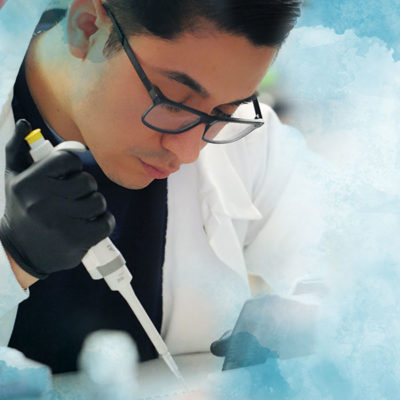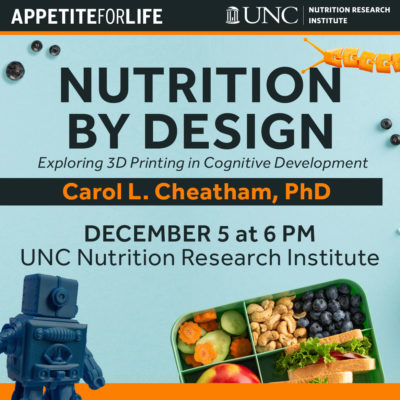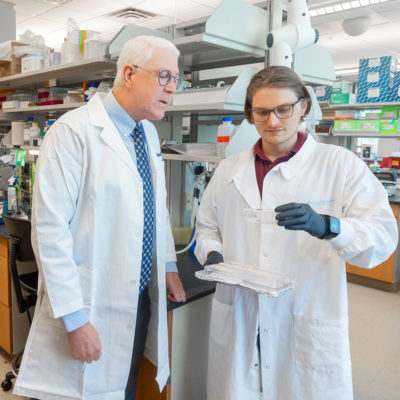Microbiome and Nutrition
The complex community of bacteria, yeasts and viruses living in our intestines, collectively known as the gut microbiome, is shaped, in part, by what we eat. Genetics, environment, and other factors also influence an individual’s microbial community. Research at the NRI investigates these complex relationships and their impact on disease risk. We use animal models and bioinformatics to study the associations between nutritional metabolites, gut microbiome, and health. What happens in the gut doesn’t stay in the gut. Your microbiome can play a role in cardiovascular disease, obesity and diabetes, and even cancer. Our team envisions a future where analysis of your microbiome can determine disease risk, and medical foods can be prescribed to treat and prevent disease by regulating the microbiome.
Publications
Microbiome and Nutrition Publications
2020
Population studies of TMAO and its precursors may help elucidate mechanisms. Meyer K
2019
Association of dietary patterns with the gut microbiota in older, community-dwelling men. Meyer K
2018
Meta-analysis of human genome-microbiome association studies: the MiBioGen consortium initiative. Meyer K
Human microbiota, blood group antigens, and disease. Sumner S
2017
Trimethylamine N-Oxide, the Microbiome, and Heart and Kidney Disease. Zeisel S
2016
Diet and Gut Microbial Function in Metabolic and Cardiovascular Disease Risk. Meyer K
Antibiotic-mediated gut microbiome perturbation accelerates development of type 1 diabetes in mice. Sumner S
Related News
Curiosity. Intellect. Altruism.
The future of personalized nutrition is in its emerging thinkers. At the NRI our postdoctoral fellows and doctoral students apply these qualities of curiosity, intellect and altruism to their quests to improve the health of humanity. Your gift to the Nutrition...
Nutrition by Design: Exploring 3D Printing in Cognitive Development
Nutrition by Design Registration
Neuroscientists Reveal the Snacks They Eat to Boost Memory
Carol Cheatham, PhD is an associate professor of Psychology and Neuroscience at the UNC Nutrition Research Institute. The Cheatham Lab studies the importance of nutrients for the development of memory and attention abilities. This article originally appeared on...
Why pregnancy nutrition isn’t one-size-fits-all
Ask the Expert: A Q&A Series on Breast Cancer with Stephen Hursting, PhD and Evan Paules, PhD
On October 25, 97 participants joined us by Zoom for our Appetite for Life seminar on Nutrition and Cancer. NRI Director, Stephen Hursting, PhD, MPH and Evan Paules, PhD, a postdoctoral research fellow in Hursting’s lab, presented their research on triple-negative...






